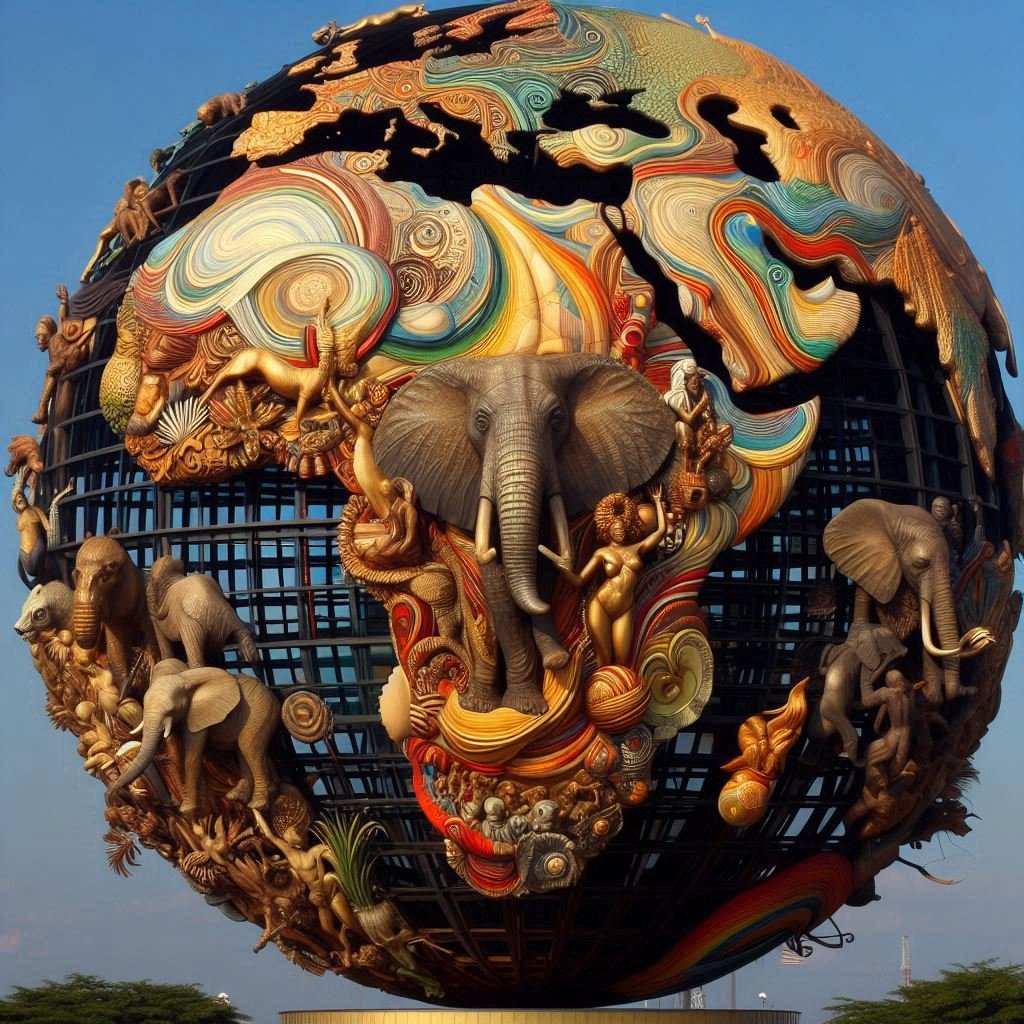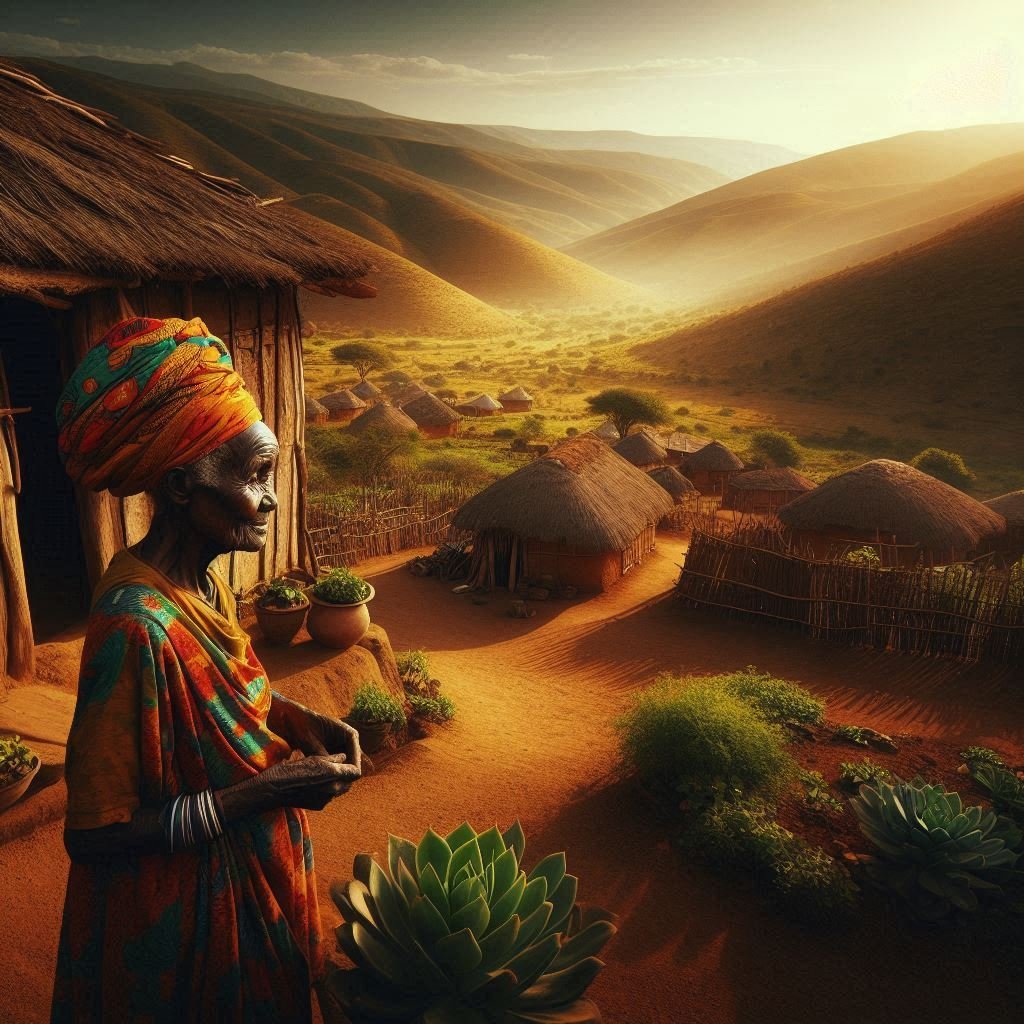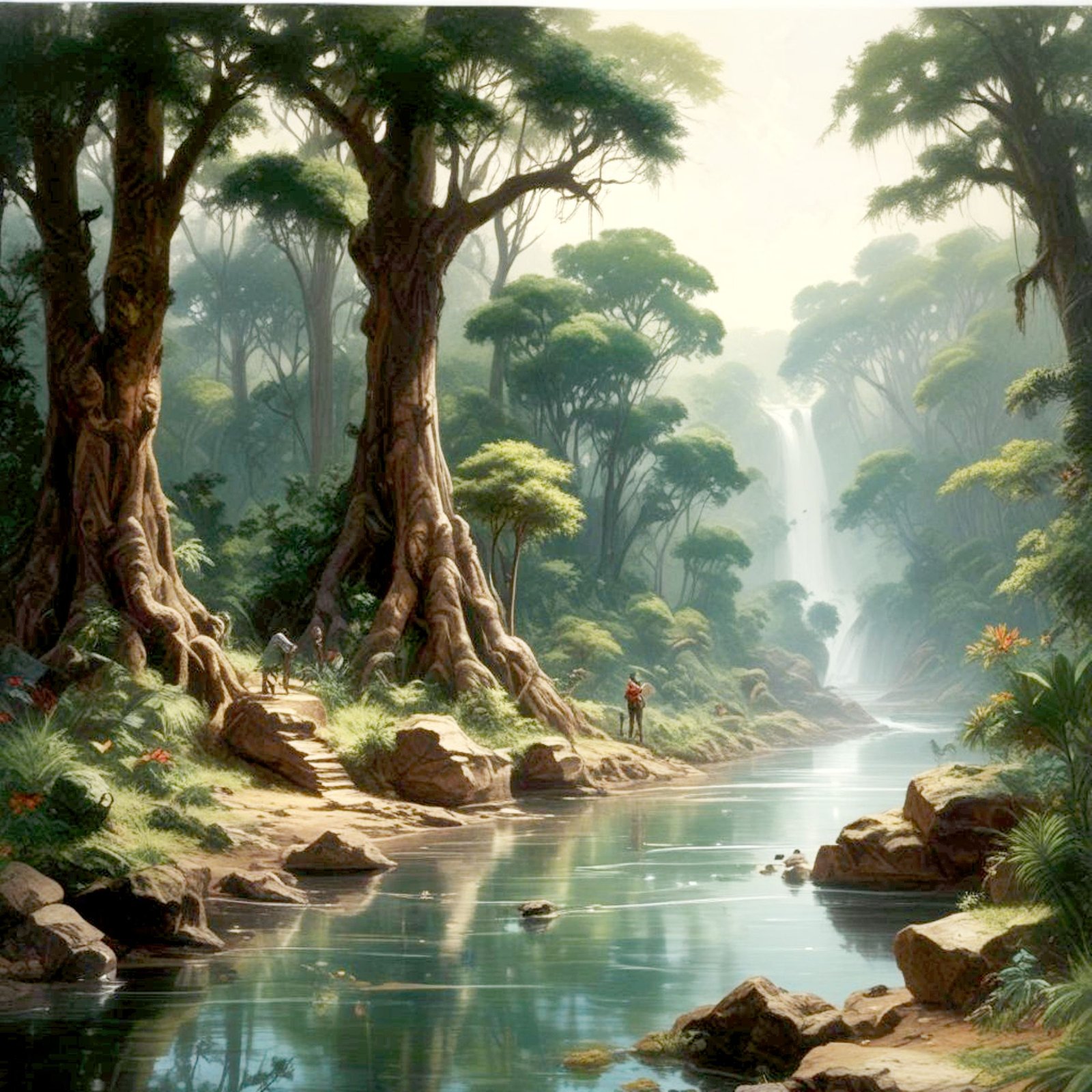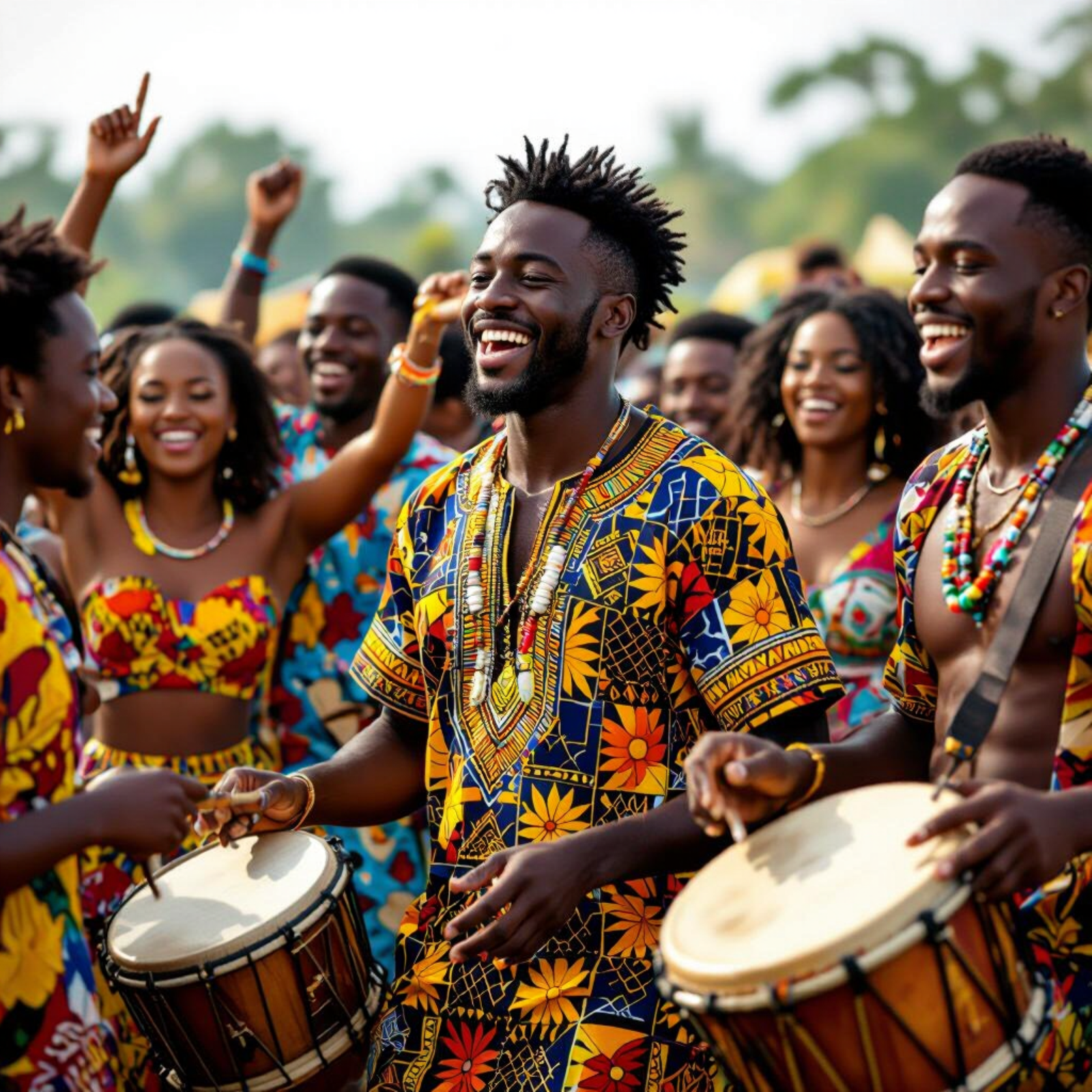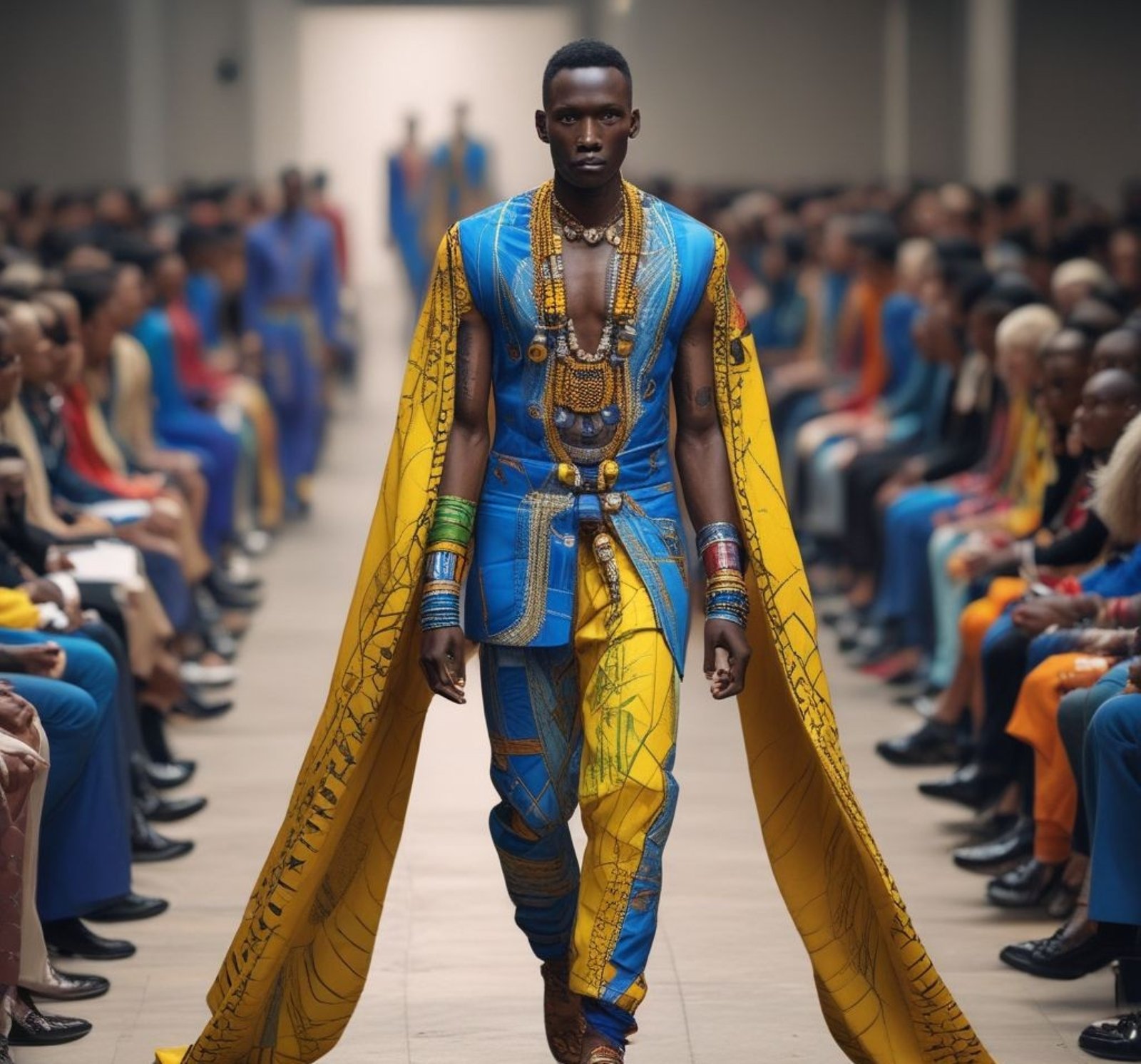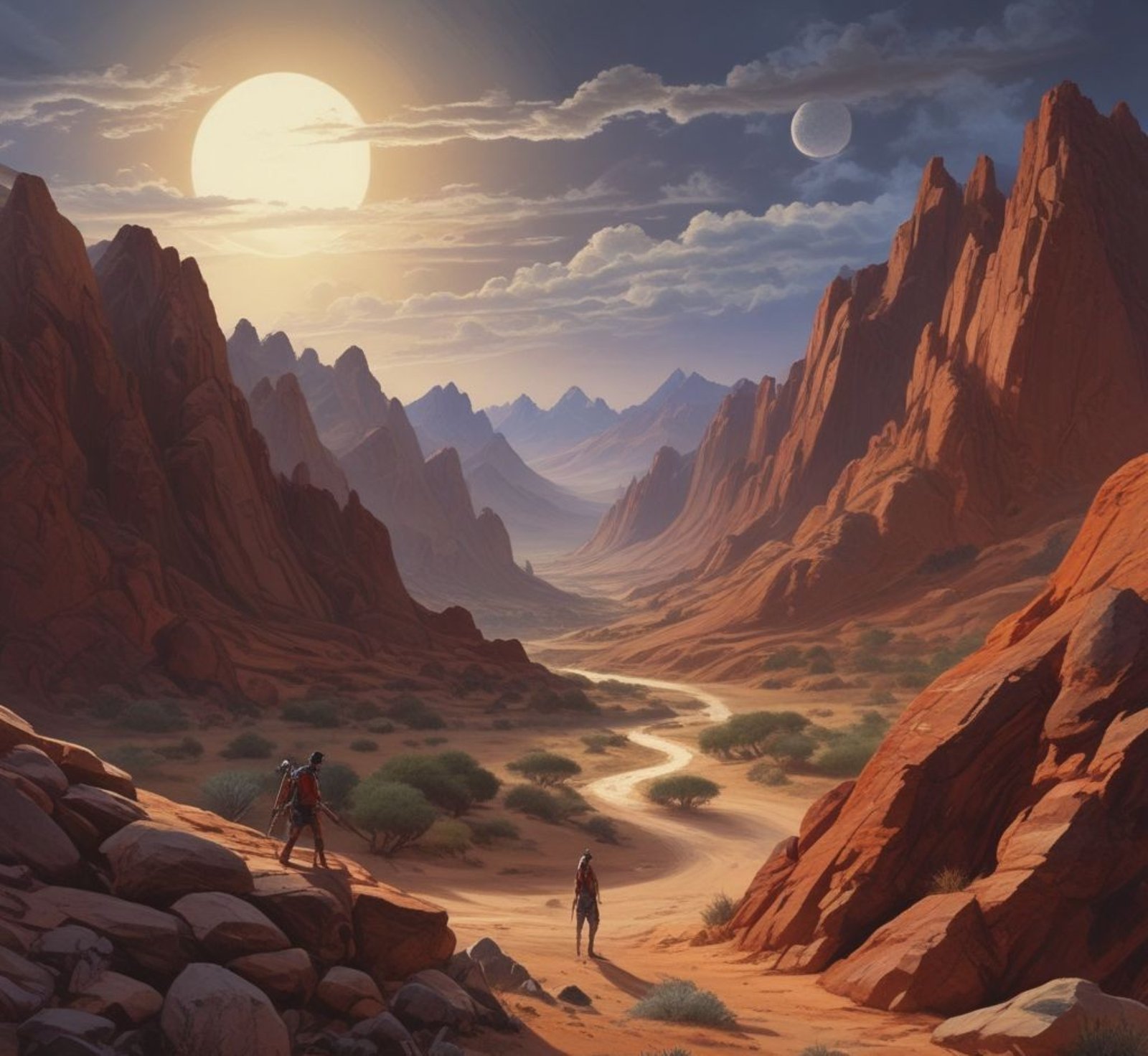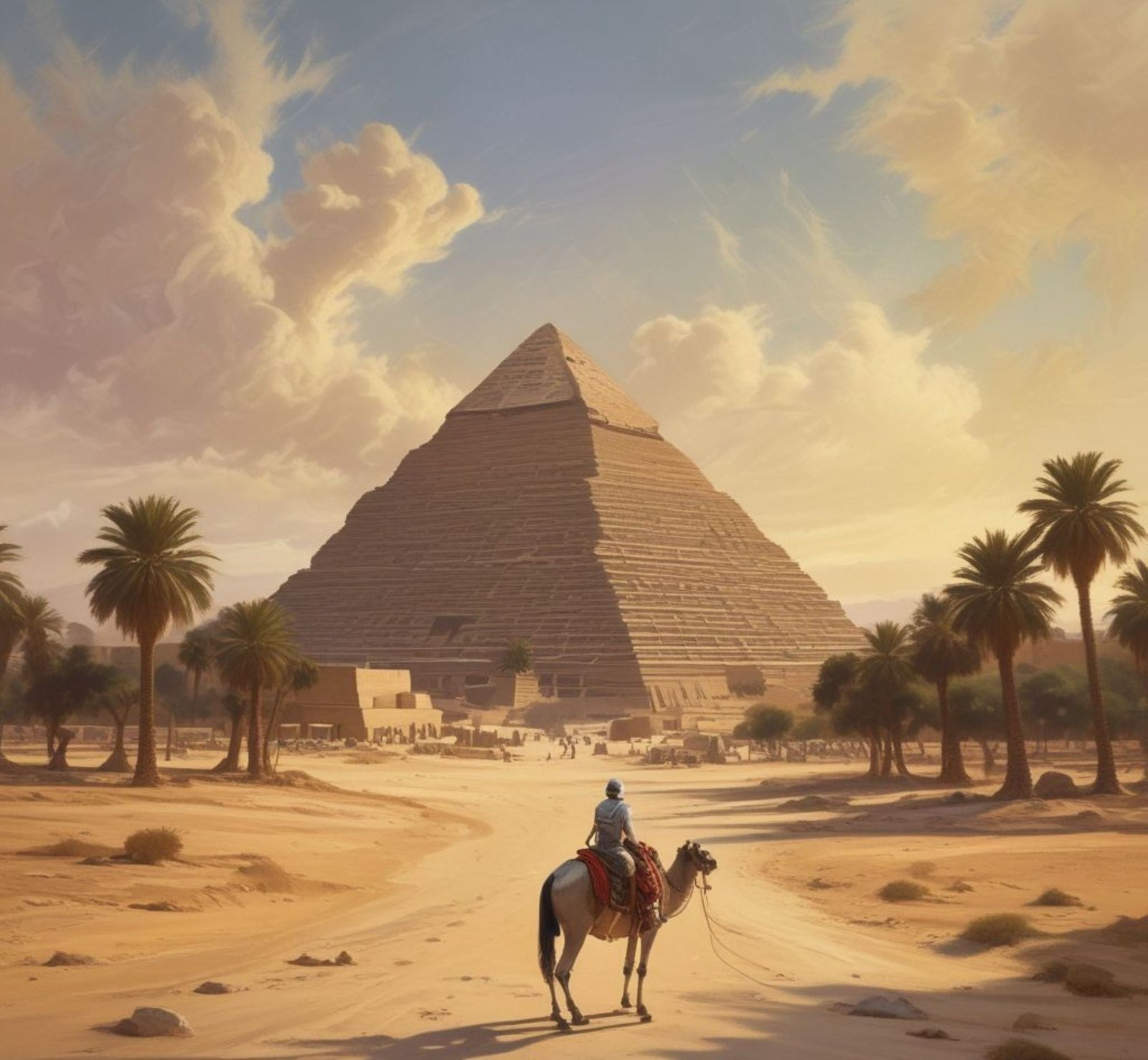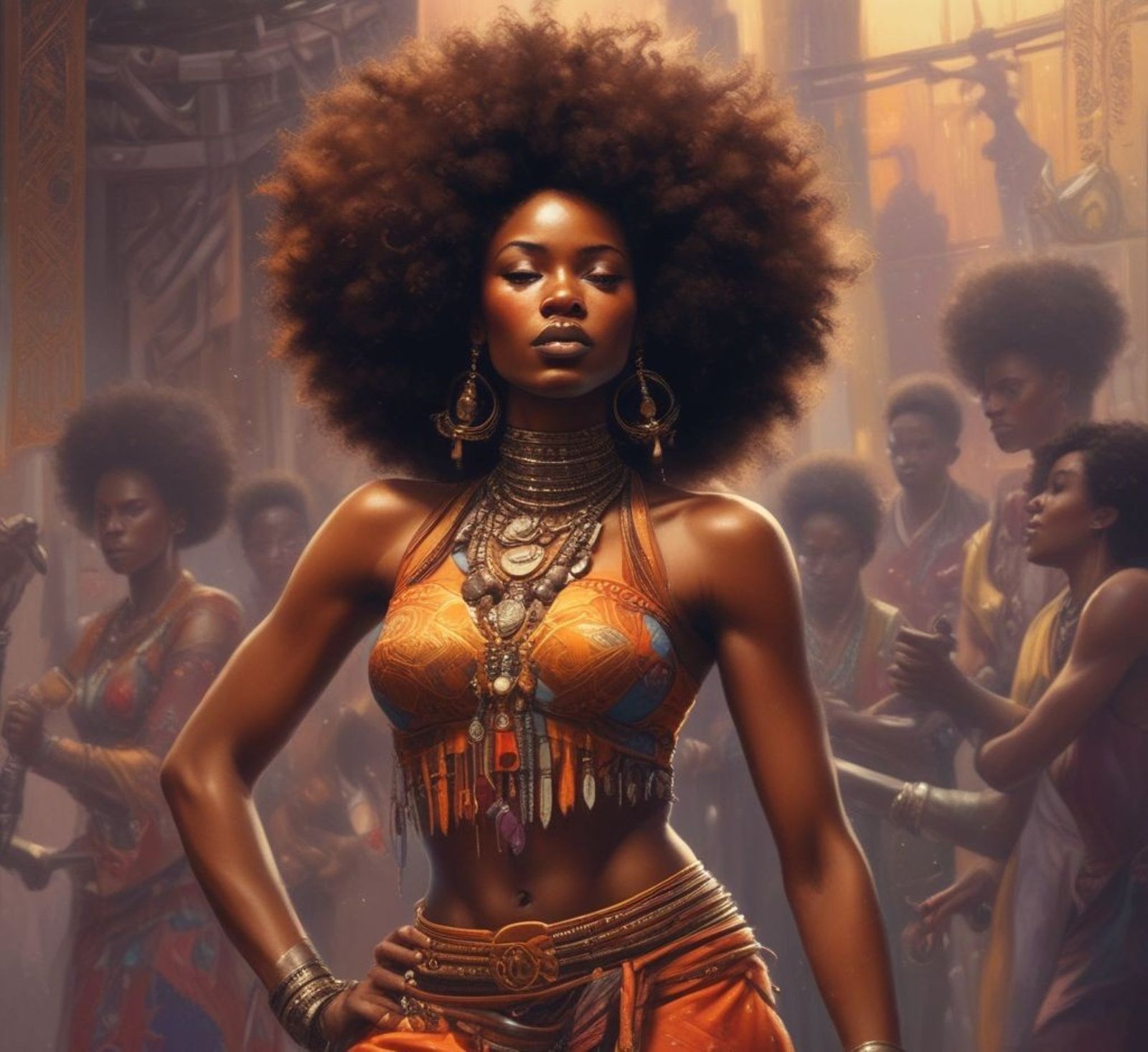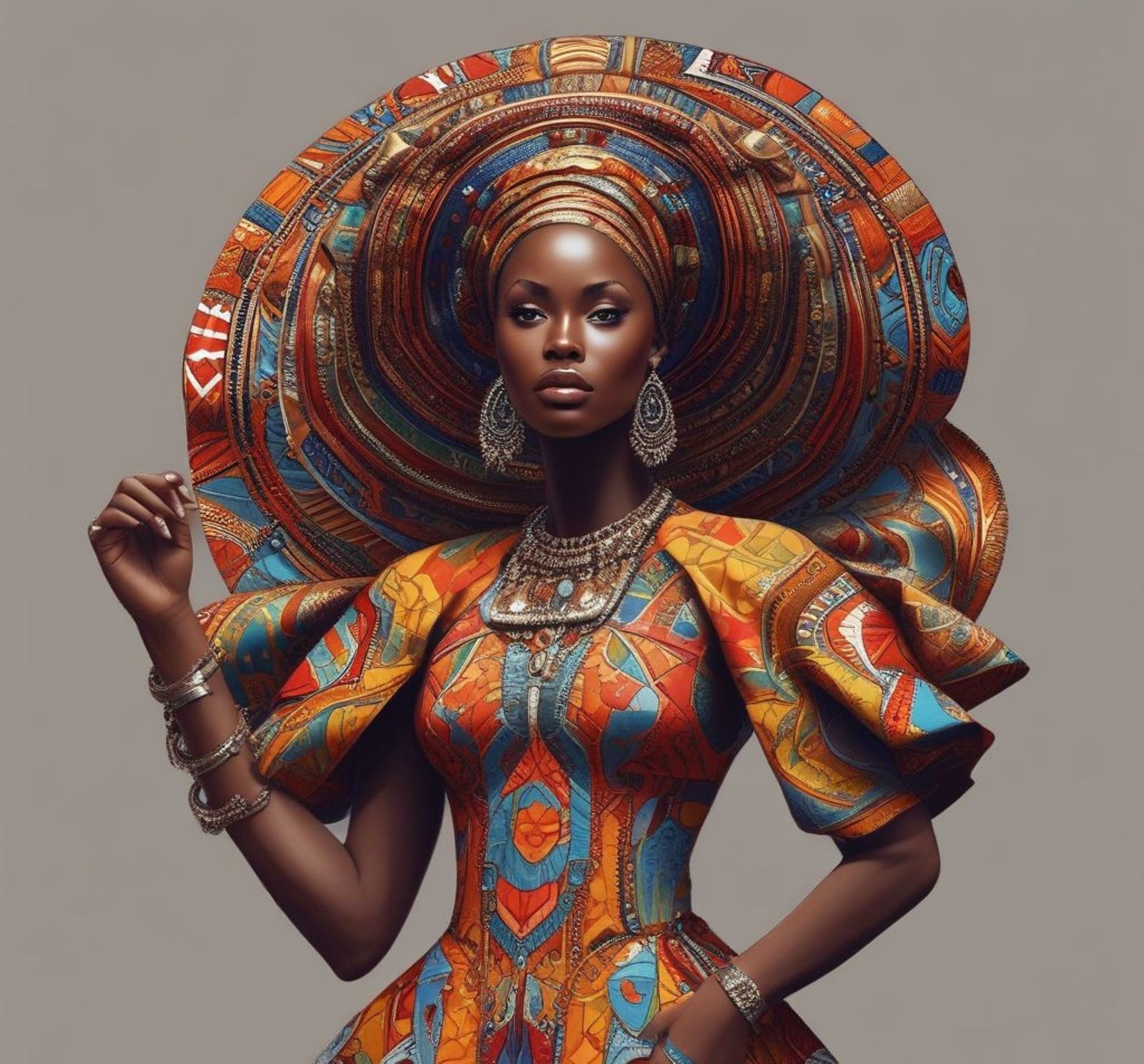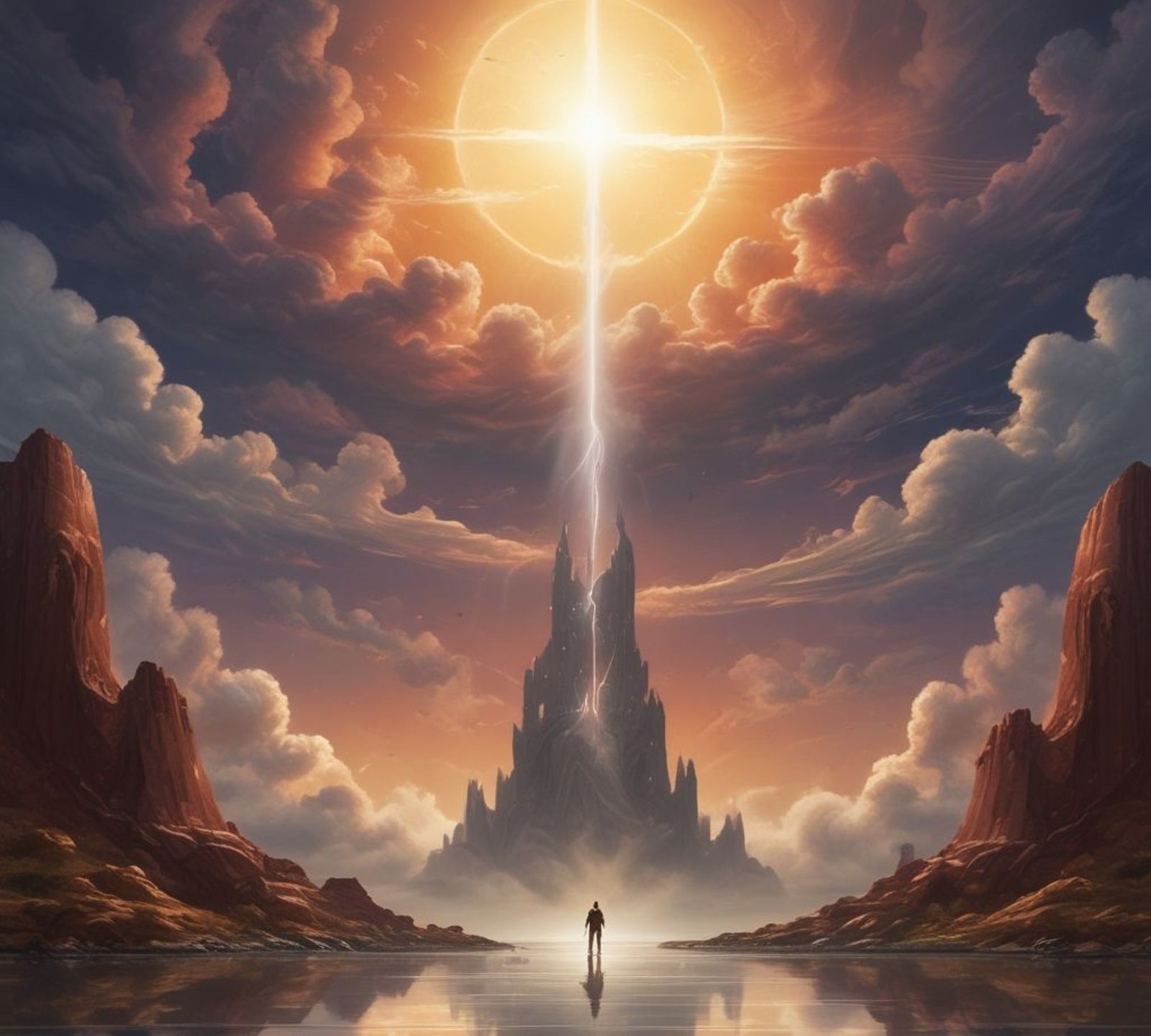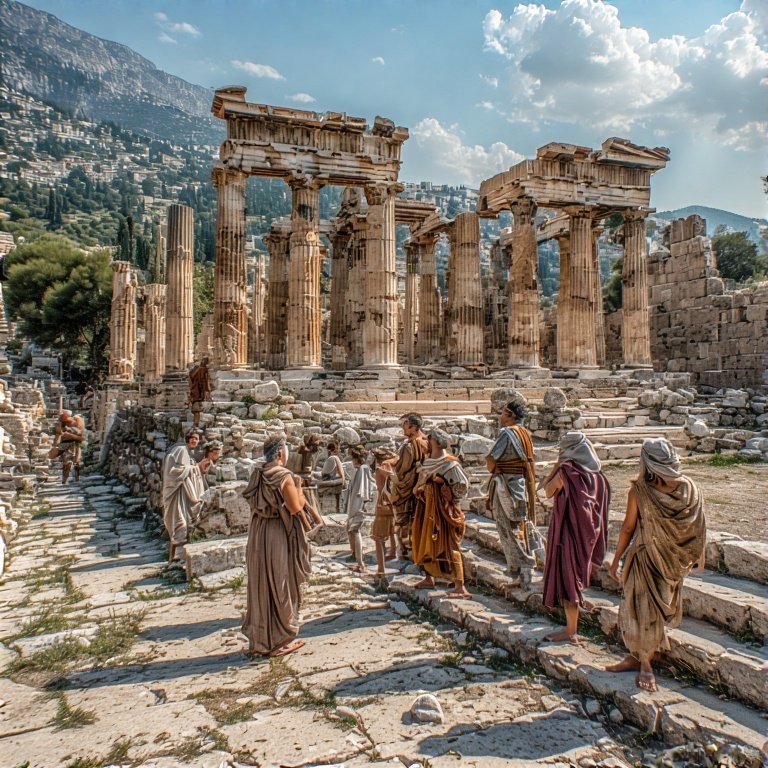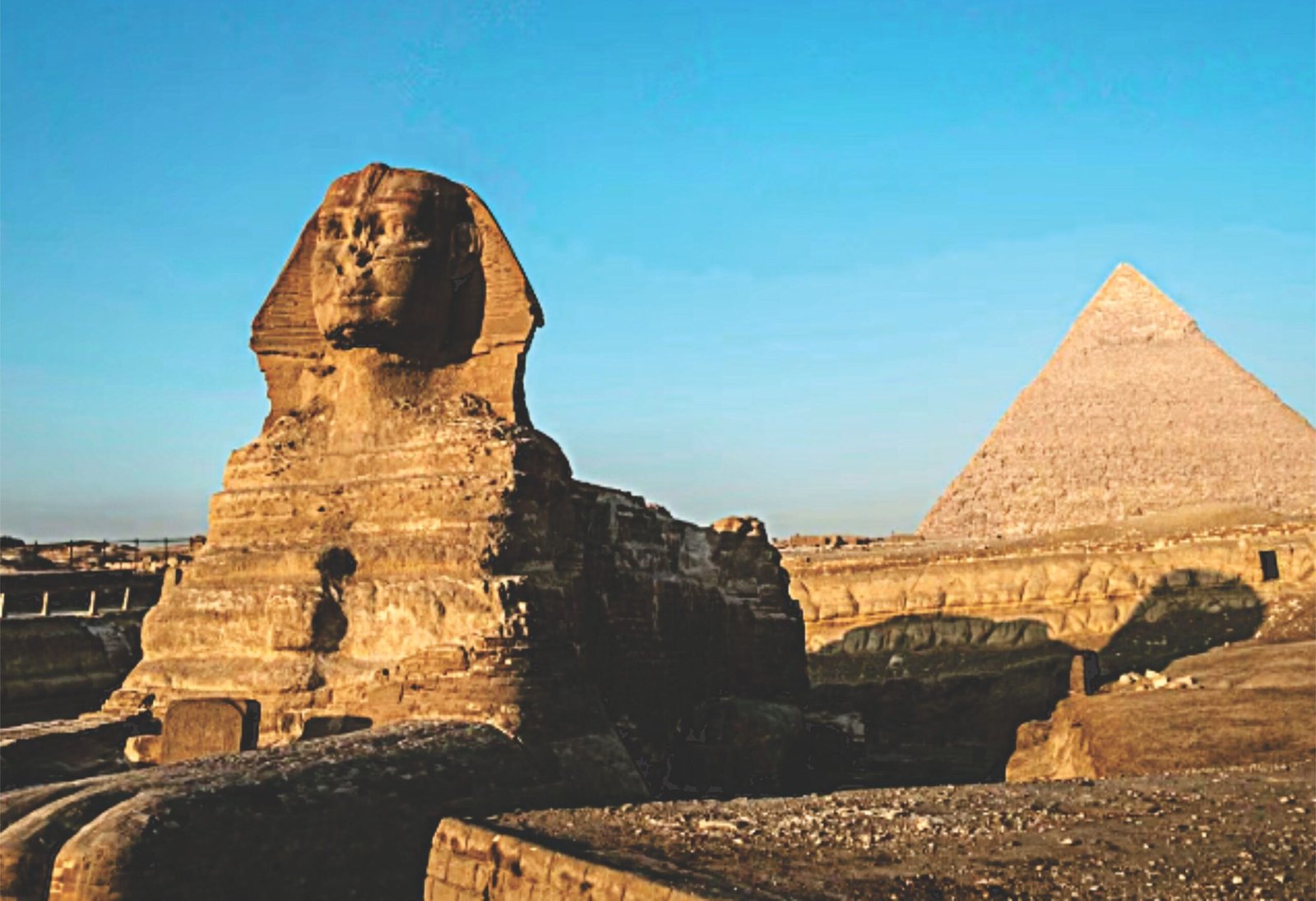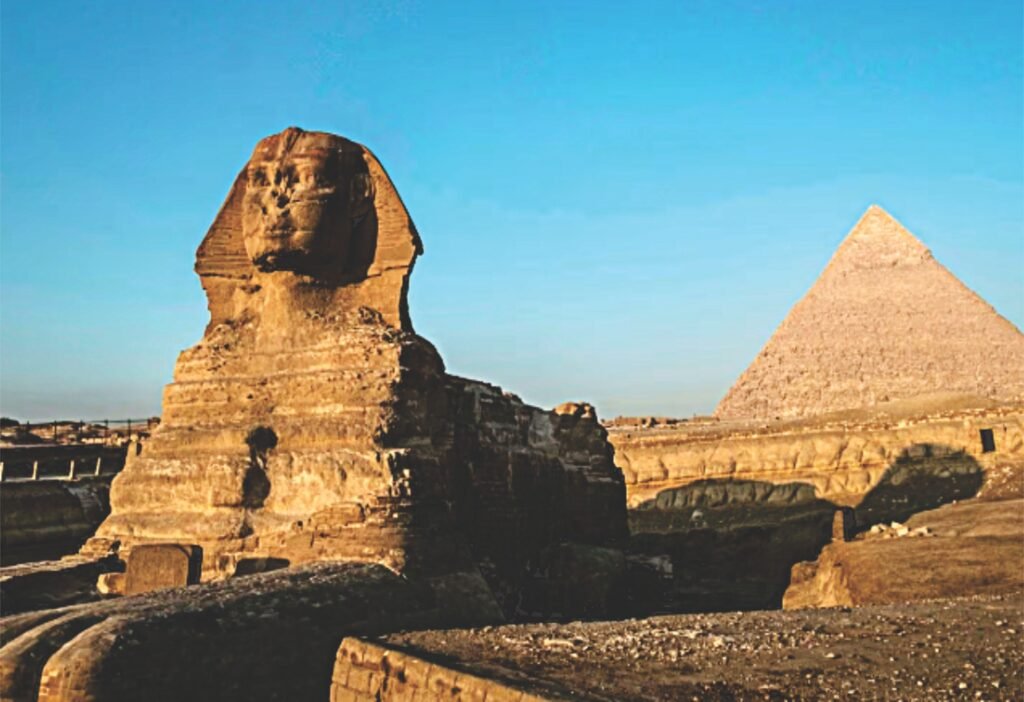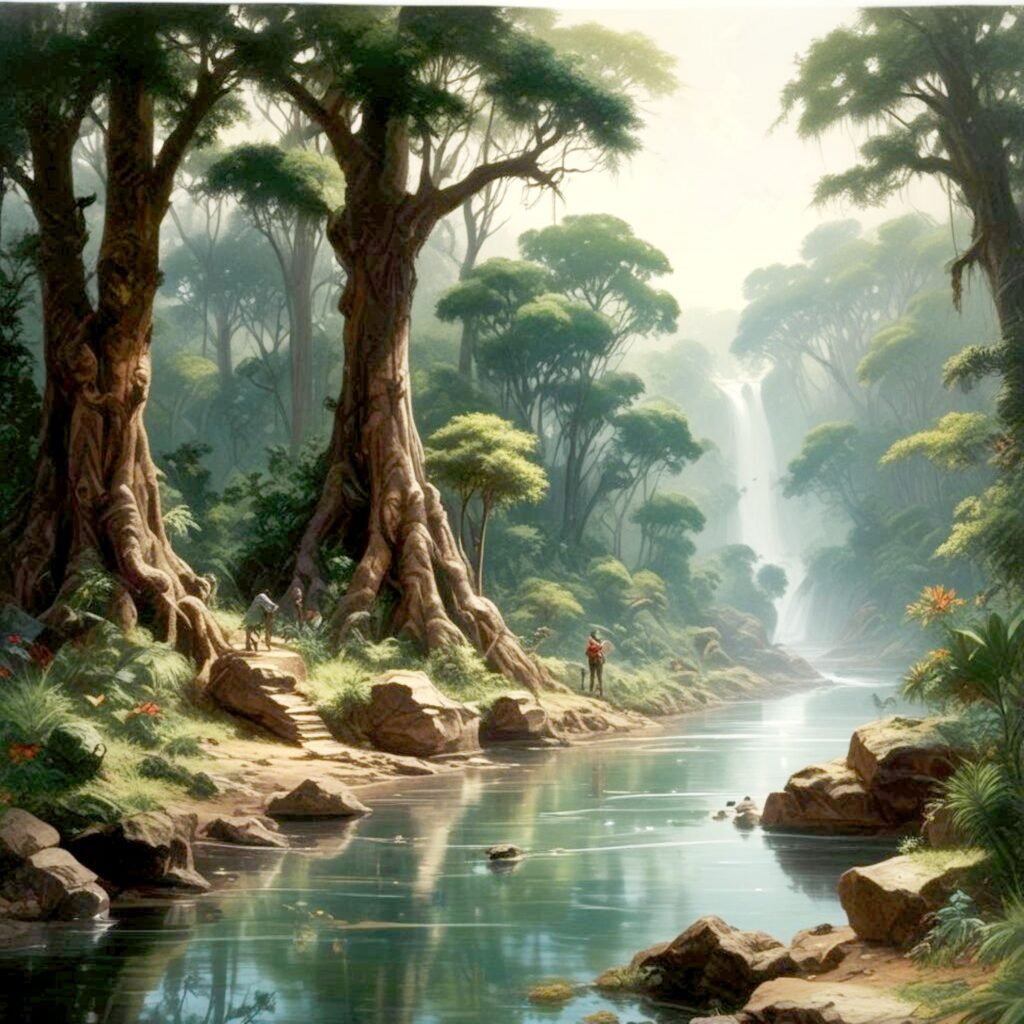
Africa
Africa, the second-largest and second-most populous continent on Earth, is often celebrated for its remarkable diversity, rich history, and vibrant cultures. Stretching over 30 million square kilometers, it is home to 54 recognized sovereign nations, each with its unique traditions, languages, and landscapes. From the towering sands of the Sahara Desert to the lush rainforests of the Congo, Africa’s geography is as varied as its people.
One of the most significant aspects of Africa is its cultural wealth. Home to more than 3,000 ethnic groups, the continent boasts a multitude of languages, with estimates ranging from 1,250 to over 2,100 distinct languages spoken. The most widely spoken languages include Arabic, Swahili, Hausa, Amharic, and Yoruba, reflecting the continent’s vast cultural tapestry. This linguistic diversity enriches African literature, art, music, and traditions, allowing for a profound expressive breadth that captivates audiences globally.
Historically, Africa holds the cradle of humanity an early civilization. Archaeological findings suggest that the first hominids emerged in East Africa, making it an area of immense significance in understanding human evolution. The Great Rift Valley is often referred to as the ‘birthplace of mankind,’ where fossilized remains of early human ancestors continue to be unearthed, providing critical insights into our shared heritage.
The continent’s history is as complex as it is storied. It has witnessed the rise and fall of numerous civilizations, from the ancient Egyptians who built the iconic pyramids along the Nile, to the powerful empires of Mali and Ghana that thrived through trade across the Sahara. The influence of the transatlantic slave trade left an indelible mark on African societies and the diaspora, shaping the historical narrative and contemporary issues of the continent.
Introduction The African Renaissance is seeking to reclaim and promote African identity, history, and potential. This movement…
Egypt’s history is meticulously documented in hieroglyphics, inscribed on temple walls and papyrus scrolls, chronicling everything from…

